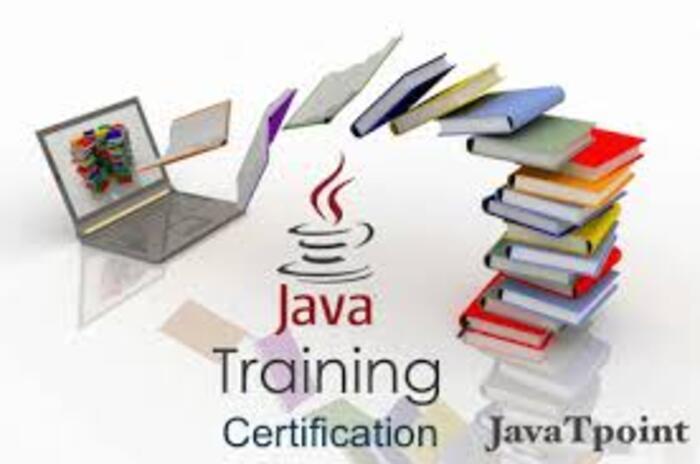Introduction: In the vast realm of software development, simulation software holds a unique place, enabling users to model and analyze complex systems, phenomena, and processes. Java, renowned for its versatility and robustness, has become a preferred choice for students seeking to create simulation software for various domains. In this guide, we'll delve into the universe of Java and explore how students are leveraging their creativity and technical skills to develop simulation software. Whether you're a novice programmer or a seasoned developer, this guide will provide valuable insights into the exciting world of student-created simulation software.
Understanding Simulation Software: Simulation software allows users to replicate real-world scenarios or hypothetical situations in a virtual environment, enabling them to study, analyze, and experiment with different variables and parameters. From engineering and healthcare to business and social sciences, simulation software finds applications in diverse fields, providing valuable insights and aiding decision-making processes. By accurately modeling complex systems and phenomena, simulation software helps users understand dynamic interactions and predict outcomes with precision.
Java's Role in Simulation Software Development: Java's versatility, portability, and extensive library support make it an ideal choice for developing simulation software across various domains. With its object-oriented programming paradigm and robust ecosystem, Java enables students to design intuitive user interfaces, implement complex algorithms, and integrate advanced visualization tools into their simulation projects. Moreover, Java's platform independence ensures that simulation software can run seamlessly on different operating systems, reaching a broader audience and maximizing accessibility.
Examples of Student-Created Simulation Software:
-
Engineering Simulations: Students use Java to develop simulation software for engineering disciplines such as mechanical, electrical, and civil engineering. These simulations model physical phenomena such as fluid dynamics, structural analysis, and circuit behavior, enabling students to visualize and analyze engineering concepts in a virtual environment.
-
Healthcare Simulations: Java-powered simulation software is utilized in healthcare education and training programs to simulate medical procedures, patient scenarios, and clinical workflows. These simulations provide students with hands-on experience in diagnosing illnesses, administering treatments, and managing medical emergencies, enhancing their clinical skills and decision-making abilities.
-
Business Simulations: Students create Java-based simulation software for business and management education, allowing users to simulate business operations, market dynamics, and strategic decision-making processes. These simulations enable students to explore business scenarios, analyze performance metrics, and develop strategic plans in a risk-free virtual environment.
Benefits of Java Training for Students: Enrolling in a Java training course offers several benefits for students interested in developing simulation software:
- Technical Proficiency: Java training courses equip students with the technical skills and knowledge needed to develop simulation software, including proficiency in Java programming, object-oriented design principles, and software development methodologies.
- Creative Expression: Java training courses encourage creativity and innovation, enabling students to design simulation software that addresses specific challenges or explores novel concepts in their chosen domain.
- Career Opportunities: Java proficiency opens up diverse career opportunities in software development, simulation engineering, and educational technology, providing students with pathways to pursue rewarding careers in their field of interest.
Conclusion: The universe of Java offers endless possibilities for students interested in creating simulation software. By harnessing the power of Java programming and combining it with their creativity and domain knowledge, students can develop simulation software that addresses real-world challenges, enhances learning experiences, and drives innovation across various industries. Whether you're passionate about engineering, healthcare, business, or any other field, embarking on a journey into the world of Java and simulation software development can be a rewarding and fulfilling experience. Start your exploration today by enrolling in a Java training course and joining the community of student innovators shaping the future with simulation software.
